Docs and Drinks on British TV
Thinkpiece Thursday
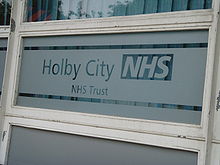

I’ve also had a good amount of experience with doctors shows on the BBC, having done consulting work on Casualty, Holby City, and Doctors over the years. The writers, producers, and directors on these dramas are committed to making the best show possible. They are talented, dedicated creatives. BUT…
There is a serious omission at work culturally, the full acknowledgment of Britain’s catastrophic drinking problem. Alcohol-related injuries and illness were to blame for 70% of A&E (Emergency Room) admissions at weekends in one NW hospital. Dr. Clifford Mann, an emergency care consultant at Taunton and Somerset NHS Foundation Trust, points out that in England alone (i.e. not including Wales or Scotland or Northern Ireland), one million hospital visits every year are related to alcohol, at a cost to the NHS of £3.5 million.
This problem has taken an incredible toll on the NHS not just financially, but also with the level of violence and abuse directed at staff by those who are drunk. What does all this have to do with television?
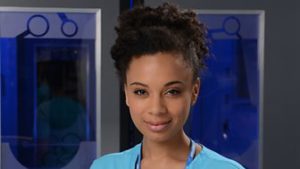

This level of drinking is not an isolated incident. Black out drinking or drinking to excess (getting legless) is all too common amongst doctors and consultants on the BBC soaps.
This level of drinking is not an isolated incident. Black out drinking or drinking to excess (getting legless) is all too common amongst doctors and consultants on the BBC soaps.
This level of drinking is not an isolated dramatic incident. Black out drinking or drinking to excess (getting legless) is all too common amongst doctors and consultants on the BBC soaps.
Drinking at night doesn’t mean you are sober by morning. Nearly one in six drivers convicted in the UK are caught the morning after. Drink four pints of strong lager and you can’t drive for at least 13 hours after finishing your last pint. If you finish at midnight you aren’t safe until 1 pm. Drink five super strength cans of beer or cider and you can’t drive for at least 21 hours, almost a full day later.
If you aren’t safe to drive you definitely aren’t safe to perform surgery or make clear judgments on complicated medical issues. But yet, people carry on as normal after unsafe drinking all the time on these shows. Black out drinking is treated as an embarrassing incident, not a shameful lack of professional conduct. Coming into work before you are completely sober is criminal negligence. That issue is never raised dramatically.
Again, to be fair, Holby City seems to be building up to a story on a senior consultant’s drinking problem. And there have been a few other drinking stories. But as long as ANY doctor on the show gets legless or drinks to black out this is inexcusable and should have real consequences. Drama shows us what is acceptable and what is not. Britain’s drinking problem is not acceptable, it is ruinous. Medical professionals on television should not seem to make it okay.
SaveSave
SaveSave
SaveSave
SaveSave
SaveSave
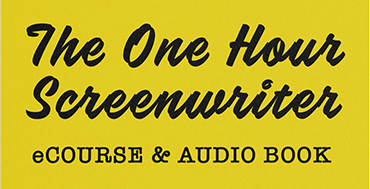

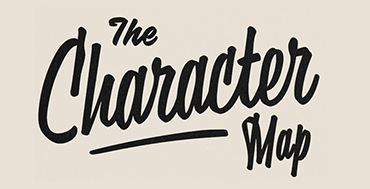

Create a visual map for a character’s emotional journey. Pull stories from character rather from rote story structure beats. Some of the largest international media companies, use this in story and character development.
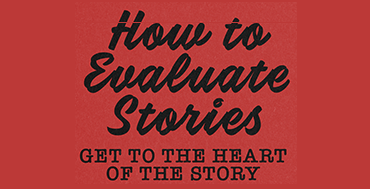

A clear concise guide for writers and producers to have by their side as they embark on a project. It gives a really vital reminder of what is key for story success.

No comment yet, add your voice below!